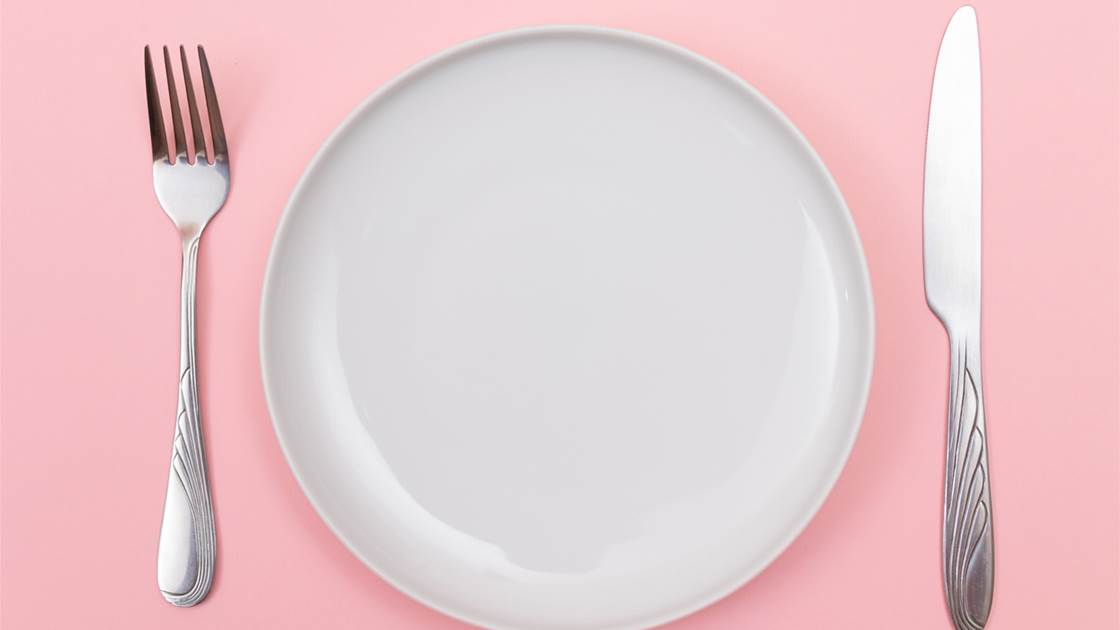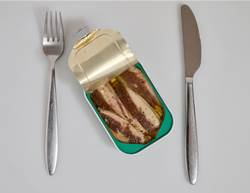Trying to lose weight, or simply wanting to adopt a healthier diet, are noble goals that require a mixture of both minor and significant lifestyle changes. When it comes to achieving a truly balanced diet, monitoring the amount you eat during any one meal is just as important as the nutritional value of that meal.
In cooking terms, the amount of each type of food you put on your plate is referred to as ‘portioning’, and you might be surprised how much of an impact practising proper portion control can have to your health.
In our modern society, where food is relatively abundant, large portion sizes have been normalised. It doesn’t help that most restaurants and food establishments will generally offer substantial serving sizes, as this often makes you feel compelled to clean your plate so that you get your money’s worth.
The cornerstone of weight loss is consuming less energy than what you burn through the day, and this includes limiting the amount of each food you eat to a reasonable level. Keep reading for five handy tips for controlling your portions to achieve a healthier diet.
1. Research and prepare smaller-portion recipes
An essential part of reducing portion sizes is going to come from a change in the types of meals you eat. In general, you will want to prioritise learning new healthy recipes that are nutritionally-focused, as well as quick to prepare.
It’s all about getting more bang-for-your-buck, and services that deliver pre-portioned meal kits may be worth investing in if you want to eliminate the hassle of grocery shopping and stressful dinner decisions while strolling the supermarket aisle. Otherwise, while shopping you will need to make sure you don’t buy too much of an ingredient with a near expiration date (as this may cause you to cook too much food and feel compelled to finish it all).
2. Use smaller sized cooking utensils/dinnerware
One of the easiest ways to limit portion sizes is to make it physically impossible to cook or serve too much food by investing in smaller cooking equipment and dinnerware such as plates/bowls etc. When you only have a small oven tray or dish to fill up, it’s much easier to adopt healthier portion sizes without really needing to overthink it.
There’s nothing wrong with taking your plate or bowl back to the kitchen to fill up on seconds if you’re still hungry – but having this option is better than serving too much and feeling like you need to finish it. When you look at a plate of food, part of your subconscious mind no doubt believes that you are supposed to consume the entirety of the dish so that you’ve ‘completed’ the meal.
If you don’t want to pay too much attention to portioning but get the benefits of smaller meal sizes, then buying smaller kitchen utensils and dinnerware is an easy way to get on the right track. This will also help you reduce food waste, as you will be less likely to overserve and end up throwing half-eaten food away.
3. Don’t eat too quickly
In our busy modern lives, many of us don’t realise that we tend to scoff down food far too quickly to accurately identify when we’re still hungry/when we’re feeling full. This can often lead to suddenly feeling extremely bloated after a meal, simply because you didn’t take the time to savour it and slowly get that satiated feeling.
The key to not overeating and having a healthier relationship with food is being able to identify when you feel full and to stop eating after that. Try your best to give yourself a little more breathing room with mealtime so that you can afford to slow down and listen to the messages your stomach is sending to you.
4. Ask for smaller portions when eating out
This can be tough, especially if you don’t think you’re going to get value for your money by asking for a smaller portion (some establishments may charge you less – but don’t count on it!). Alternatives can include ordering something from the children’s menu or perhaps sharing a more substantial portion with someone else.
On average, restaurants will serve up to 2.5 times as much food as is recommended for a standard meal. This explains why people who almost exclusively eat out or order takeaway for their meals tend to have unhealthier diets than those who cook at home and practise portion control.
5. Make sure you are well-hydrated before you eat
If you aren’t drinking an adequate amount of water during the day, then it’s going to be tougher for you to distinguish between hunger and thirst. When you are both hungry and thirsty it is easier to overeat and over-indulge on sugary beverages during your meal.
Drinking water before your meal is a great way to work out how hungry you actually are, and this will lead you to prepare/consume healthier portions than you would have otherwise.









